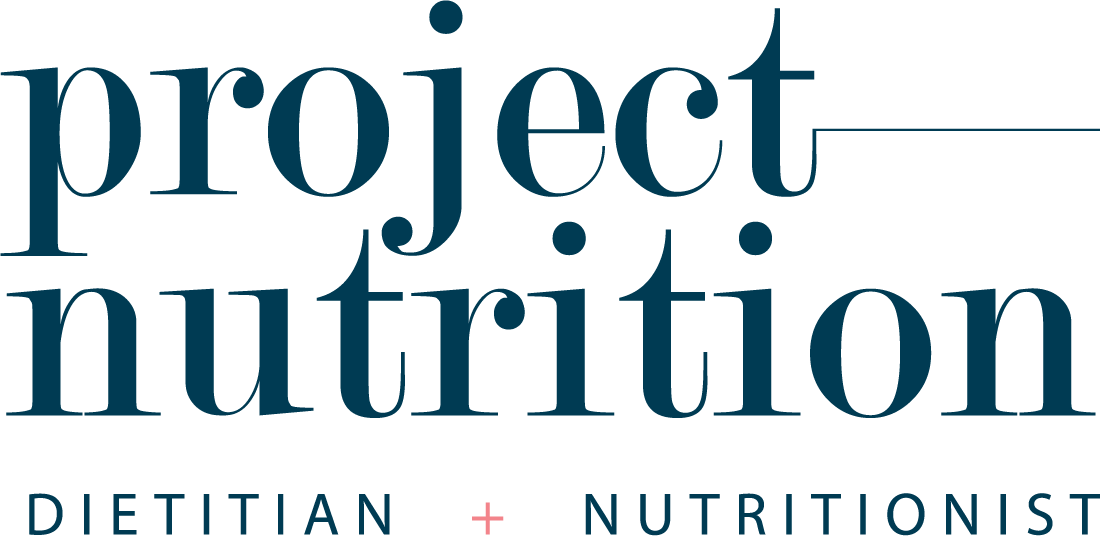Navigating the Latest International Guidelines for Polycystic Ovary Syndrome (PCOS) Management
In a significant stride towards enhancing patient care, the updated International Evidence-based Guidelines for the Assessment and Management of Polycystic Ovary Syndrome (PCOS) have been released. Crafted through the collaborative efforts of over a thousand global healthcare professionals and consumers, these guidelines represent a pivotal moment in PCOS research and care.
In this blog post I’ll share some of the key changes & highlights from these updated guideline however you can access the full guidelines here
Providing Optimal Care for Those Diagnosed With PCOS
Designed to offer comprehensive and informed guidance for clinicians and patients, the PCOS guidelines are the culmination of extensive research, expert input & lived experience from those diagnosed with PCOS. These guidelines address various aspects of PCOS, including diagnosis, treatment options, lifestyle recommendations, and complications across different stages of life.
Notably, these guidelines have been regularly updated since their inception in 2011, reflecting the latest advancements in PCOS research. The collaborative effort of the global healthcare community ensures that these guidelines are grounded in the best available evidence.
Key Highlights from the PCOS Guidelines
Let's explore some of the notable highlights that the guidelines offer. Please note that the guidelines are well over 200 pages in length and this blog is only a small snap shot of some of the recommendations in the guideline.
Please speak with your own health professional regarding important updates or information that are relevant to your individual circumstances.
Broadening Diagnosis Criteria: One significant recommendation is the inclusion of Anti-Müllerian Hormone (AMH) as an alternative to pelvic ultrasound in the diagnostic criteria for adult patients. AMH is measured by a simple blood test, therefore it’s a cheaper & less invasive measure which hopefully will reduce some of the barriers to receiving a timely diagnosis.
PCOS can be considered a lifelong condition: Clinical and biochemical hyperandrogenism can persist postmenopause for women with PCOS. PCOS diagnosis can also be considered post menopause, especially if there is a long term history of anovulation/ irregular periods, hyperandrogism & polycystic ovaries
Metabolic Health: People diagnosed with PCOS should be considered at an increased risk of cardiovascular disease. However the overall risk of cardiovascular disease pre-menopause is low. There is also an increased risk of impaired fasting glucose, impaired glucose tolerance and type 2 diabetes.
Recognising the Psychological Features of PCOS: The guidelines advocate for healthcare providers to consider mental health factors such as depression and anxiety, recognizing their higher prevalence in individuals with PCOS. .Additionally, the guideslines stress the importance of cultural sensitivity and non-discrimination, especially with regard to weight.
Empowered Decision-Making: The guidelines emphasize collaborative decision-making between healthcare providers and PCOS patients, with careful consideration of cultural and ethnic factors. Patient autonomy and consent, including gaining consent for patients to take their weight, is highlighted.
Personalized Lifestyle Management: While endorsing the significance of a healthy lifestyle, the guidelines highlight that there is no one-size-fits-all approach to diet or exercise. Restrictive diets & following nutritionally unbalanced diets are strongly discouraged. Sustainable nutrition that is tailored to suit individual preferences and goals is recommended.
Medications and Treatment: The guidelines provide comprehensive recommendations on medication and treatment options, including hormonal balance and symptom management. They underscore the importance of addressing the increased risk of cardiovascular disease and obstructive sleep apnea in individuals with PCOS.
Focus on Pregnancy and Beyond: Special attention is paid to PCOS during pregnancy, emphasizing the increased risk of various complications, including gestational weight gain, miscarriage, gestational diabetes, hypertension in pregnancy & preeclampsia, per term delivery and others. Early lifestyle intervention should be offered to pregnant women with PCOS, given these risks of pregnancy complications.
Inositols for PCOS Treatment: The guidelines recognize the potential benefits of inositols for PCOS treatment. While the evidence is promising, especially for the metabolic benefits, further research is needed for specific recommendations.
Screening for Eating Disorders: The guidelines advocate for screening individuals with PCOS for eating disorders, distorted eating, and mood disorders which are more prevalent for people diagnosed with PCOS.
Caution on Metformin and B12: The guidelines point out the potential association between metformin use and low vitamin B12 levels, highlighting the need for regular screening and supplementation when indicated.
Screening for Sleep Apnoea: The guidelines acknowledge the high prevalence of obstructive sleep apnoea in individuals with PCOS and recommend screening to mitigate associated risks.
The newly released International Evidence-based Guidelines for the Assessment and Management of Polycystic Ovary Syndrome (PCOS) represent a significant milestone in improving patient care. With contributions from healthcare professionals and consumers worldwide, these guidelines offer a comprehensive and evidence-based approach to PCOS management. From refined diagnostic criteria to informed treatment options and holistic care, the guidelines pave the way for a more thorough and effective approach to PCOS treatment. It's essential for both healthcare providers and patients to familiarize themselves with these guidelines to ensure optimal care and informed decision-making.
Remember, while these guidelines provide a solid foundation, seeking personalized guidance from an Accredited Practising Dietitian specializing in PCOS is crucial for tailoring recommendations to your individual needs.
